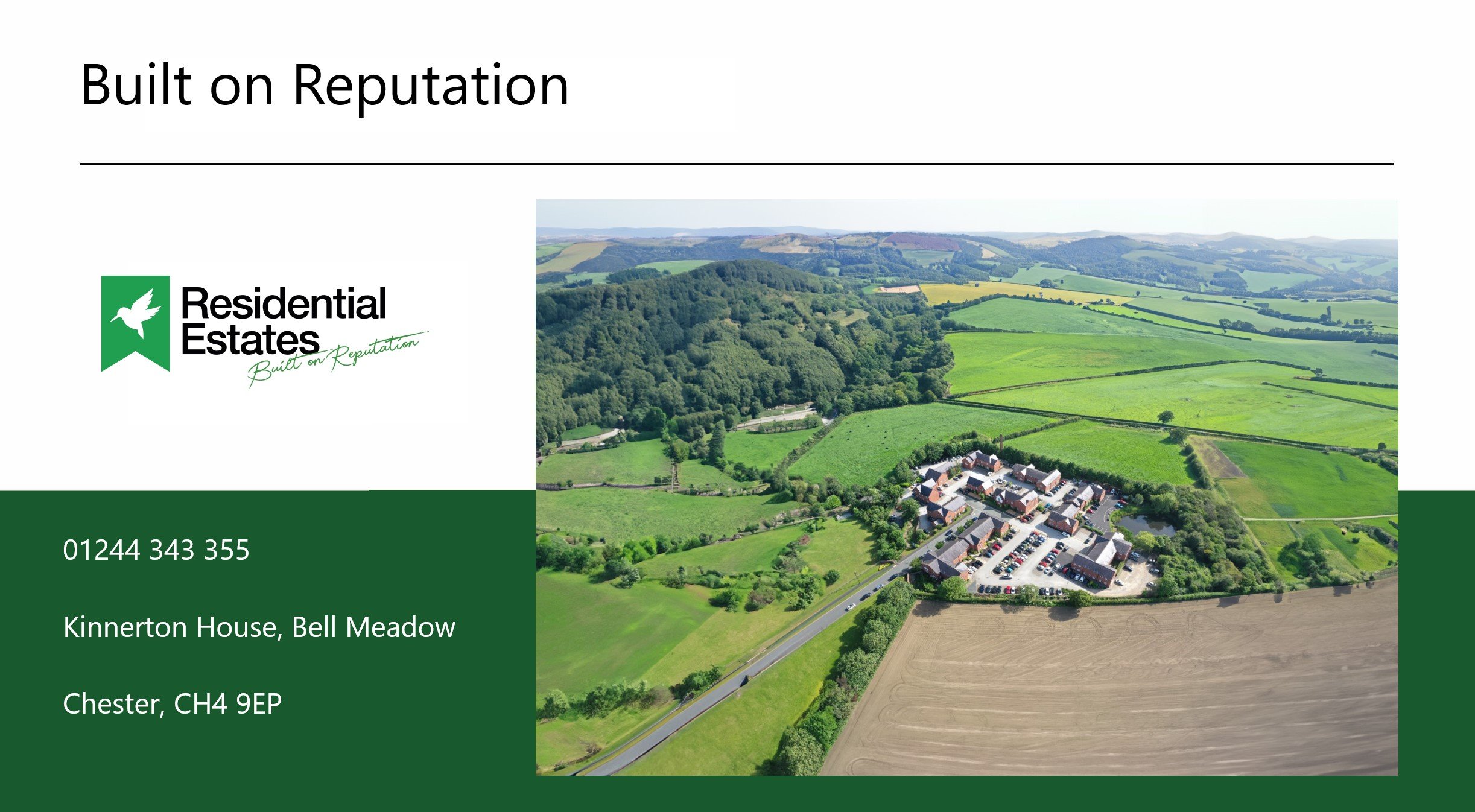The Impact of Stamp Duty Changes on the UK Property Market From April 1st (This is no April Fool)
The UK property market is set to experience a significant shift in 2025 with the upcoming changes to Stamp Duty Land Tax (SDLT). These modifications, set to take effect on April 1, 2025, may impact buyers, market activity, and property prices for the foreseeable future.
This blog explores what these changes mean, how they have influenced buyer behaviour before and after implementation, and what we can expect from the market until the end of 2025.
What Are the New Stamp Duty Changes?
From April 1, 2025, first-time buyers will face a reduction in the nil-rate Stamp Duty threshold. Currently, first-time buyers in England and Northern Ireland pay no stamp duty on properties valued up to £425,000, with a reduced rate applying up to £625,000.
However, the new changes will lower this threshold back to £300,000, with standard rates applying beyond this point. This reversion means that first-time buyers purchasing properties above £300,000 will face increased upfront costs.
For other buyers, the temporary SDLT cuts introduced in 2022 are set to expire, leading to a return to the previous system. The standard nil-rate threshold will revert from £250,000 to £125,000, meaning buyers across the board will see higher tax liabilities when purchasing homes.
How Has Buyer Activity Responded?
The anticipation of these changes has led to a surge in property transactions in early 2025, as buyers rush to complete purchases before the higher rates take effect. This has driven up demand, temporarily pushing property prices higher, particularly in areas where first-time buyers are active.
Estate agents and mortgage lenders have reported increased activity, with some buyers stretching their budgets to secure a property before the tax increases. The result has been greater competition, reduced availability of desirable properties, and in some cases, an increase in gazumping as buyers outbid each other.
However, after April 1st, 2025, it is expected that the market may experience a shift. Many first-time buyers, now facing higher costs, might delay purchases, opting instead to save for a larger deposit or seek alternative financing options. This could lead to reduced demand in certain price brackets, particularly for properties between £300,000 and £400,000, where first-time buyers previously benefited most from SDLT relief. This is itself an opportunity for investors.
What Will Happen to Property Prices in 2025?
With the rush to buy before April 1 inflating demand, some property price growth has been seen in early 2025. However, after the tax changes take effect, a potential cooling-off period is possible, presenting a buying opportunity?
Expectations are that property prices will stabilise, with slightly modest growth throughout the year rather than significant increases. As we say, this is a long term play where the market undulates over time so nothing new here.
According to forecasts from the Office for Budget Responsibility, the average UK house price, which stood at £269,000 in early 2025, is projected to rise gradually, reaching approximately £295,000 by 2029. While this indicates continued growth, it suggests a market that is adjusting to the new tax landscape and broader economic conditions.
Conclusion
The 2025 Stamp Duty changes are set to potentially reshape the UK property market. The initial rush to buy before the new rates take effect has temporarily pushed up demand and prices. While house prices are still expected to rise, the pace of growth is likely to be more measured than in previous years, creating in itself more affordability and investor opportunity.
Nonetheless, the UK property market remains a dynamic space full of opportunities and as ever the rental market remains robust as demand for those unable to buy remains high.
Your Next Step in Property Investment
Whether you're looking to expand your portfolio or make your first investment, we make the process effortless. With expert guidance, a hands-off management approach, and access to high-demand rental markets, Residential Estates provides everything you need to succeed in property investment.
Get in touch today to explore our latest opportunities and start building a profitable, stress-free property portfolio.





